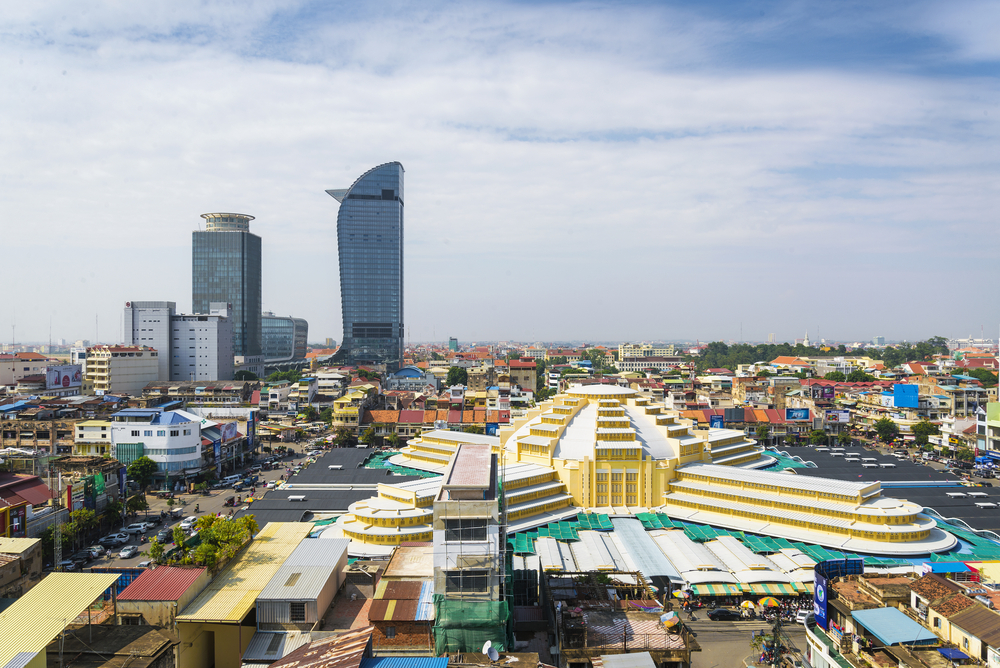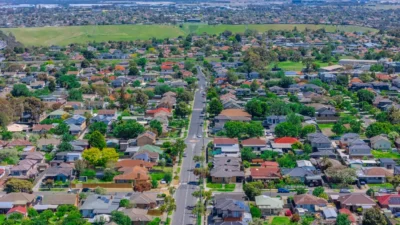Cambodian prospects amidst oversupply and global shifts
The country explores the impact of short-term profit prioritisation, lack of transparency, and new investment avenues in its property market

Real estate in Cambodia faces an oversupply issue as developers prioritise short-term profits, leading to unsold houses. According to news site Cambodianess, experts note that the lack of transparency in the market contributes to this problem. Construction projects often fail to meet consumer standards, offering high-priced units and inadequate parking. Rapid conversion of agricultural land and technical, construction, and market problems exacerbate the supply-demand imbalance.
The oversupply is particularly notable in condominiums, commercial buildings, and flat houses, with domestic and foreign demand discrepancies. High profits, pre-COVID prosperity, risk-free bank-backed purchases, and long-term loans have driven oversupply. A lack of regulations and data hinders assessment and proper development.
The Cambodian real estate market has been on a strong growth trajectory for the past decade, but in 2023, it faces challenges due to global economic changes, reduced Chinese demand, and an oversupply of projects. CBRE Cambodia’s Mid-Year Review highlights these issues, examining Phnom Penh’s commercial and residential real estate sectors in H1 2023. Lawrence Lennon, CBRE’s MD, discusses the sector’s complexities exacerbated by global slowdown.
Related: A vision for the region: Cambodian real estate poised for growth in 2023
Inflation-driven costs and decreased Western consumption have impacted Cambodia’s exports, particularly textiles. Foreign Direct Investment also decreased due to China’s export and real estate sector problems, though global recovery from COVID-19 offers hope. Despite a retail sector slowdown, prime high street rents are recovering as retailers shift focus and new projects integrate entertainment-based offerings.
The Securities and Exchange Regulator of Cambodia (SERC) plans to officially authorise real estate investment trusts (REITs) this year to boost the real estate and construction sectors, as reported by The Phnom Penh Post. REITs are investment vehicles that pool individual investor capital to purchase and manage income-generating real estate properties like apartments, hospitals, and malls.
Although specific names and numbers of approved fund management firms remain undisclosed, the SERC aims to roll out the REIT market in partnership with them, fostering smoother industry operation. This initiative is praised by experts like Century 21 Mekong’s CEO, who expects REITs to enhance public trust, funding opportunities, and growth in Cambodia’s real estate industry.
The Property Report editors wrote this article. For more information, email: [email protected].
Recommended
Inside Asia’s luxury resort residences that are redefining high-end living
Asia’s resort residence market is witnessing a shift as investors eye larger, multifunctional units
How joining BRICS could give Thailand and Malaysia a new economic edge
Thailand and Malaysia are eyeing membership in the bloc of emerging nations
How Modi’s real estate reforms are transforming India’s housing market – and what’s next
A coalition led by the strongman prime minister Narendra Modi is looking to consolidate gains in the property market
Why Japan’s new interest rates might spark a transformation in Niseko’s property market
A new era for Niseko’s wintry property market dawns with the sunset of Japan’s negative rates regime








